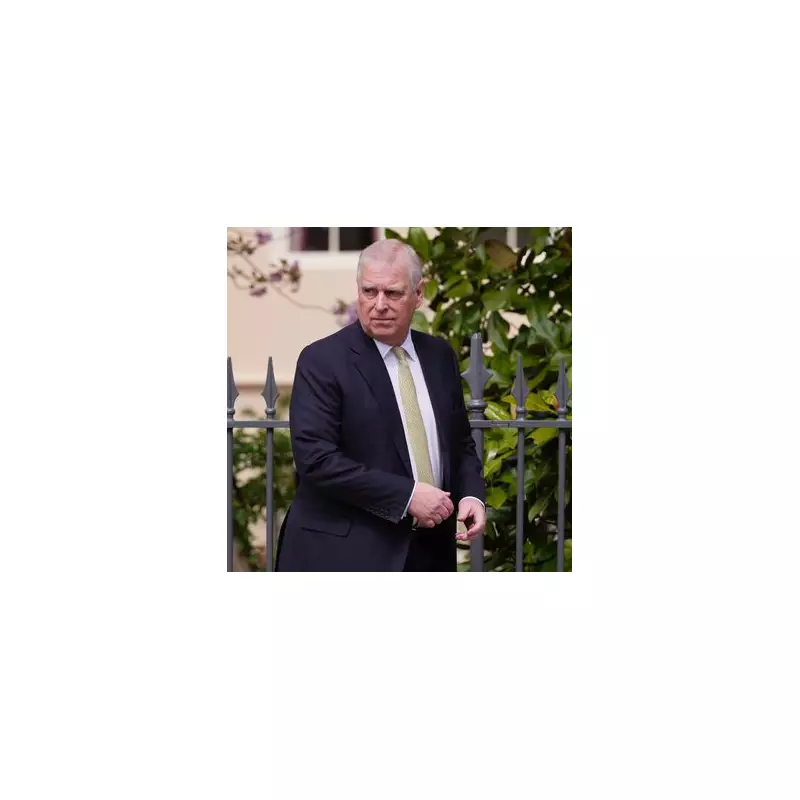
The embattled Duke of York, Prince Andrew, is reportedly contemplating a dramatic withdrawal from public life that could see him retreat to the relative safety of Windsor Castle grounds. Royal insiders suggest the Queen's second son may establish permanent residence within the ancient fortress walls, effectively entering a self-imposed exile from royal duties.
A Royal Sanctuary Amid Ongoing Controversy
Sources close to the Royal Family indicate that Andrew's potential move to Windsor would represent a significant scaling back of his public profile. The 62-year-old prince has faced intense scrutiny following his settlement in a civil sexual assault case earlier this year, with the controversy showing no signs of abating.
The proposed arrangement would see Andrew residing in Royal Lodge, his current Windsor home, while effectively removing himself from the frontline of royal engagements. This strategic withdrawal is seen by palace aides as a necessary measure to protect both the monarchy's reputation and Andrew's own wellbeing.
Windsor's Historical Significance
Windsor Castle holds profound historical importance for the Royal Family, serving as both a working palace and private retreat for centuries. The Queen herself spent much of her later years within its grounds, finding solace away from the public eye during the pandemic.
For Andrew, the castle's fortified walls offer not just physical protection from media attention but symbolic separation from the institution he's come to represent. The move would position him as a royal in residence rather than an active working member of the family.
The Legal and Reputational Fallout
The duke's potential retreat comes amid continuing legal complications and public relations challenges. Despite settling the Virginia Giuffre case out of court for a reported £12 million, Andrew continues to face questions about his association with convicted sex offender Jeffrey Epstein.
Royal commentators note that while Andrew maintains his innocence, the shadow cast by the allegations has made his return to public duties increasingly unlikely. The Windsor solution appears to be a compromise that allows him to maintain his royal status while minimising damage to the institution.
What This Means for the Monarchy
- Reduced visibility of a controversial royal figure
- Continuation of Andrew's charitable patronages in diminished capacity
- Potential long-term restructuring of royal duties among working royals
- Ongoing balancing act between family loyalty and institutional protection
The palace continues to walk a delicate tightrope, attempting to support a family member while protecting the centuries-old institution he represents. Andrew's potential Windsor exile may represent the least worst option in an increasingly difficult situation.





